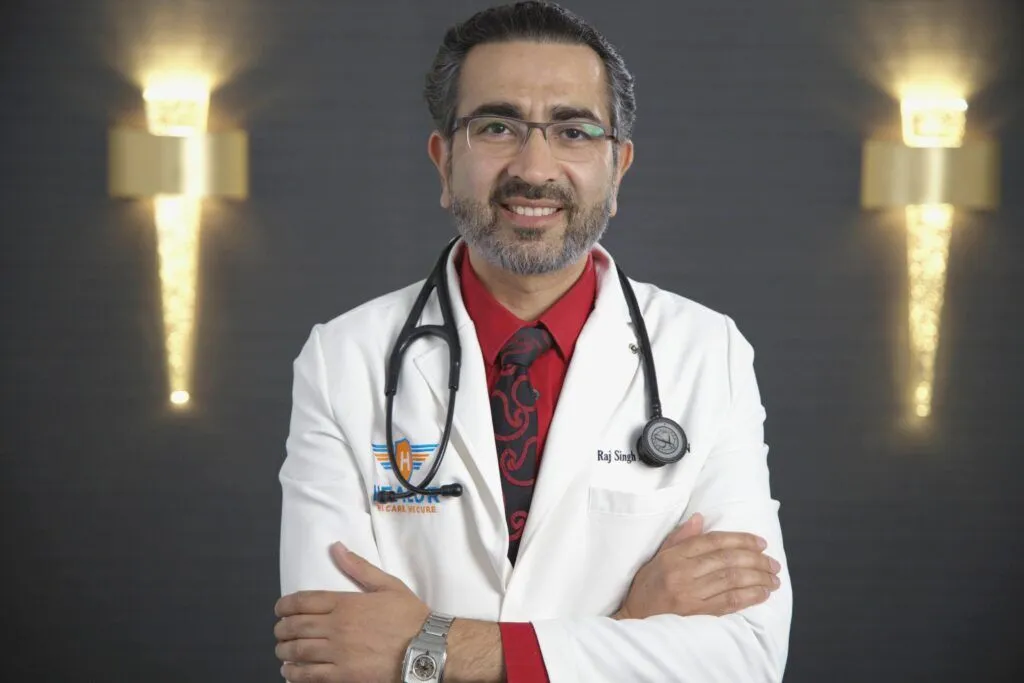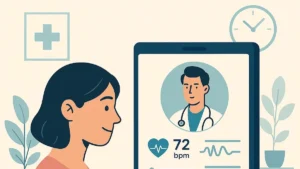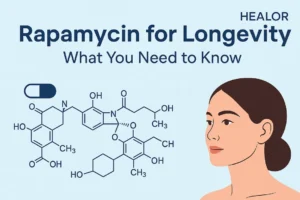
Questions about how Can Lesbian And Bisexual Women Prevent Cervical Cancer? All sexually active people are highly likely to contract the human papillomavirus (HPV) at some point if they don’t have the HPV vaccine. HPV is the most common sexually transmitted infection (STI) and consists of more than 200 viruses that can affect the skin and mucous membrane. While it is usually asymptomatic and resolves on its own, unresolved infections caused by certain subtypes can lead to warts on and around the genital area, recurrent respiratory papillomatosis, or in some cases, cervical cancer.
At HEALOR™ in Las Vegas, NV, our double board-certified physician, Dr. Raj Singh, encourages patients in the LGBTQ+ community to prevent HPV by getting the HPV vaccine. Lesbian and bisexual women may be at a greater risk of getting cervical cancer because of HPV.
How is HPV spread?
It’s important to understand how HPV transmission works. HPV is spread through most forms of sexual activity, including anal, oral, or vaginal sex, and other close skin-to-skin touching.
Common HPV symptoms
During your visit to HEALOR™ in Las Vegas, NV, Dr. Singh can explain the most common signs and symptoms of HPV. First, most men who get HPV don’t develop any symptoms. However, for women, HPV can be detected during a Pap smear by finding abnormal cells in the cervix. While a pap smear cannot test for cancer or HPV, it can notice abnormalities that may be caused by HPV. If you are experiencing anything new or unusual, such as lumps, sores, or warts, it’s important to schedule an appointment with Dr. Singh for a full evaluation.
HPV treatment
One of the most common concerns with patients with HPV is the amount of time it takes for it to go away. Ultimately, most infections will in fact go away on their own. While there is no cure for HPV, there are options available to treat the symptoms.
For female patients, Dr. Singh may recommend additional tests or treatment, including:
1. Colposcopy: This test looks at your cervix to detect precancerous cells.
2. Cryotherapy: This treatment will freeze and remove precancerous cervical cancer cells.
3. Loop electrosurgical excision procedure (LEEP): LEEP removes precancerous cells from a patient’s cervix through electrical currents.
Can HPV cause cancer?
HPV is not a form of cancer, but it can create certain changes in the body that may lead to cervical cancer, anal cancer, oropharyngeal cancer, or penile cancer. It’s important to have regular well-woman exams from Dr. Singh at HEALOR™ for noticeable changes that can lead to early detection. He proudly treats the LGBTQ+ community and offers STI/STD testing in Las Vegas, NV.
How Can Lesbian And Bisexual Women Prevent Cervical Cancer
If you want to lower your chances of getting HPV and HPV-related diseases, it’s best to get an HPV vaccine and to practice safe sex through the use of condoms. The HPV vaccine protects both men and women, and condoms will reduce your chance of getting STIs, including HPV. Condoms will not protect you 100% and can still infect the areas of the skin that aren’t covered.
What are some risk factors for getting HPV?
Dr. Singh has noticed some of his patients are more likely to contract HPV than others. Some risk factors for contracting HPV include:
- Not getting regular cervical cancer screenings
- Smoking
- A weakened immune system
- Having STDs in the past, including chlamydia
- Eating a poor diet
- Being overweight
- Long-term use of birth control
- IUD use
- Being younger than 17 at your first pregnancy
- Family history of cervical cancer
Learn how to protect your sexual health
Again, there is no cure for HPV, but you do have options to keep yourself healthy. Be sure to schedule your regular well-woman exams with Dr. Raj Singh at HEALOR™ LGBTQ center in Las Vegas, NV on a consistent basis so you can manage your sexual health effectively. He works directly with the LGBTQ+ community and offers HPV vaccines, STI/STD testing, and HIV testing. To schedule an appointment to learn more about how you can prevent contracting HPV, call our team today.








